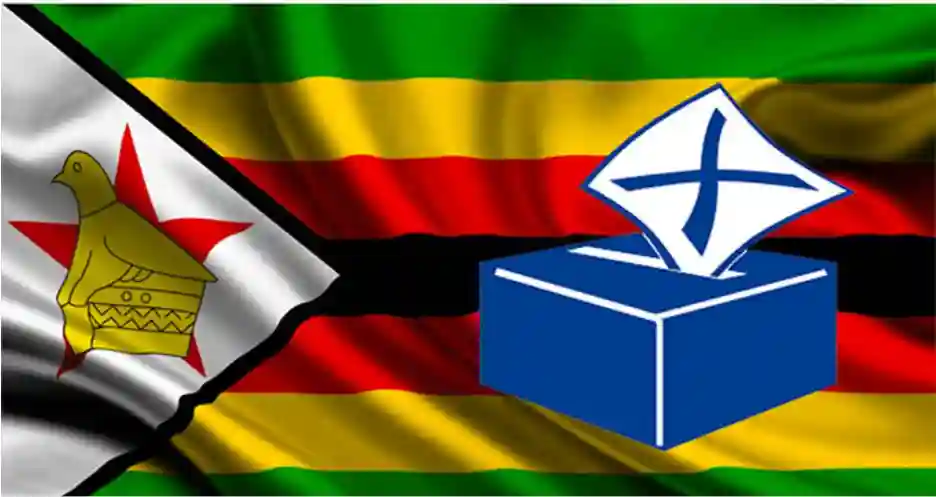Zimbabwe has embarked on a delimitation exercise that will see some constituencies being split or merged depending on the size of the population in that area.
The Constitution of Zimbabwe provides for the election of 350 Members of Parliament. Parliament consists of the Senate and the National Assembly and each has 80 and 270 Members of Parliament respectively.
Timeline:
The Zimbabwe Electoral Commission (ZEC) in July invited members of the public for the inspection of the delimitation voters’ roll.
ZEC chairperson Justice Priscilla Chigumba said the purpose of the inspection of the voters’ roll was to allow members of the public to check if their names are appearing on the voters’ roll and to check if their details are correctly captured and if not, to correct such anomalies.
ZEC set aside a total of US$83 million for the delimitation of constituencies ahead of the 2023 harmonised elections. The commission’s spokesperson, commissioner Jasper Mangwana said the funds were for the voters’ roll inspection and the delimitation exercise.
ZEC announced in May that the process of boundary delimitation shall commence from the 1st of June, 2022, and continue into the culmination of the drafting of a preliminary report or until the 31st of December, 2022, whichever occurs first.
Time Madondo, ZEC’s Voter Registration And Delimitation Director told a workshop in Harare in 2019 that some of the seats will be merged to form one constituency due to the continuous dwindling of registered voters in the Bulawayo province, leaving them with few representatives in the Parliament.
According to ZEC, a seat should have at least 27 000 voters to get a representative in Parliament. However some seats in Harare like Harare South, Epworth and Budiriro have 70k, 69k and 40k respectively and ZEC thinks the situation needs to be addressed in the next election.
Criticism:
The United Democratic Alliance President (UDP) Dr Daniel Shumba has urged people to reject the delimitation exercise currently underway arguing that it is being used to rig the 2023 elections.
The former Zanu Pf politburo member said, “The biggest Electoral scam is in the Delimitation exercise. It is meant to justify the deployment of the additional 2 million ghost Voters. This is the reason for the highly publicised choreography of new members joining and defecting to Zanu PF. Elections already Rigged. REJECT!“
Some argued that ZANU PF wants to use the delimitation exercise to divide constituencies where it has support, for instance, Epworth so that it would have more representatives in Parliament.
Practices in other countries:
Delimitation is common and is referred to as gerrymandering in some jurisdictions. In 2021, The Republicans in the U.S.A. were accused of using gerrymandering to virtually guarantee their re-election.
During 2012, 2014 and 2016 midterm elections, gerrymandering shifted 59 congressional seats, 39 for Republicans and 20 for Democrats, according to a report from the left-leaning Center for American Progress.
Why does this matter?
If the constituencies being split, for example, belong to ZANU PF, the ruling party will likely have a majority in Parliament. Or if merged constituencies or wards belong to MDC, the opposition party will have few representatives.
Some fear that the 2022 census might have been manipulated in favour of the ruling ZANU PF to justify the split of constituencies where the party enjoys support while those in which it has faced strong opposition might be merged for dominant parties there to have few representatives.

